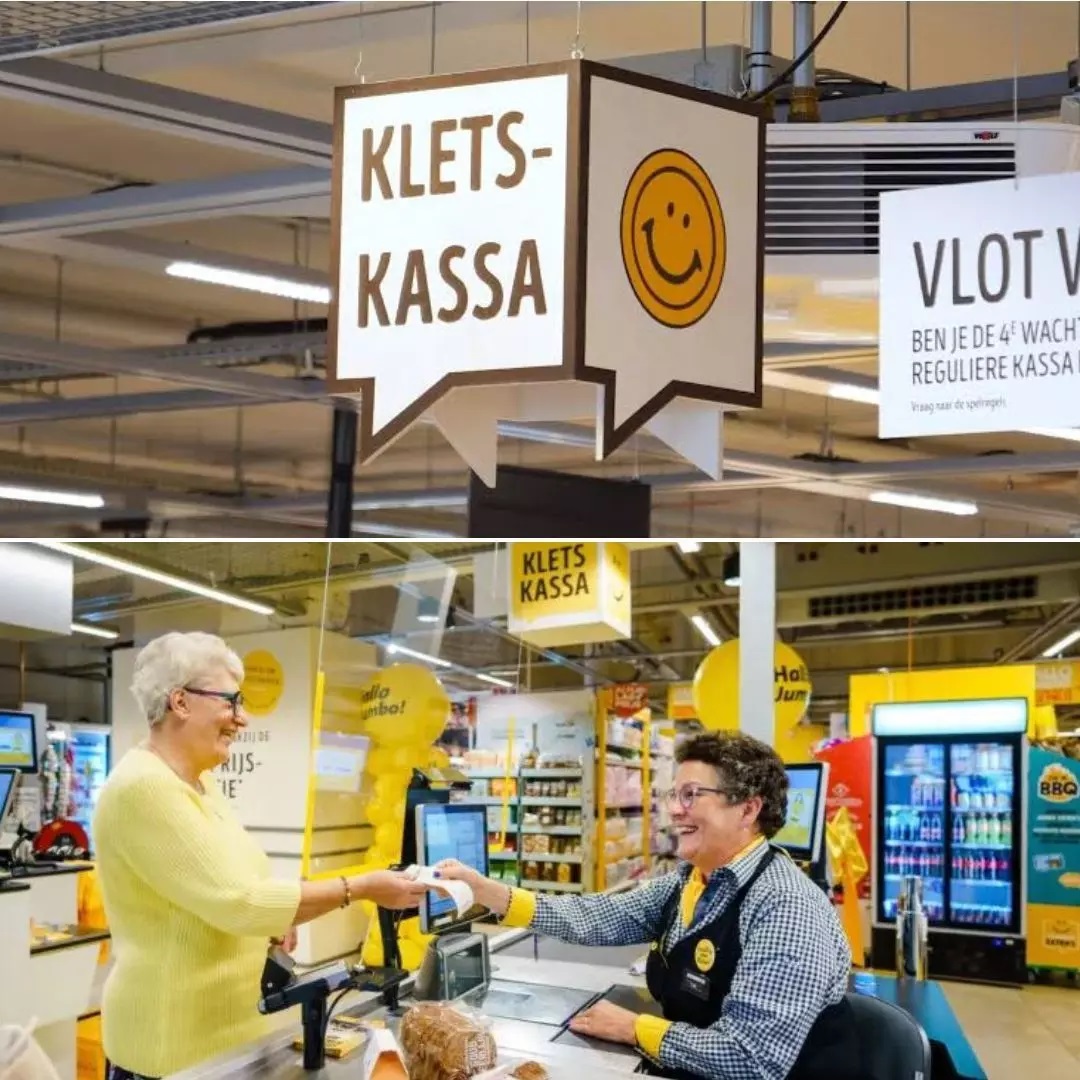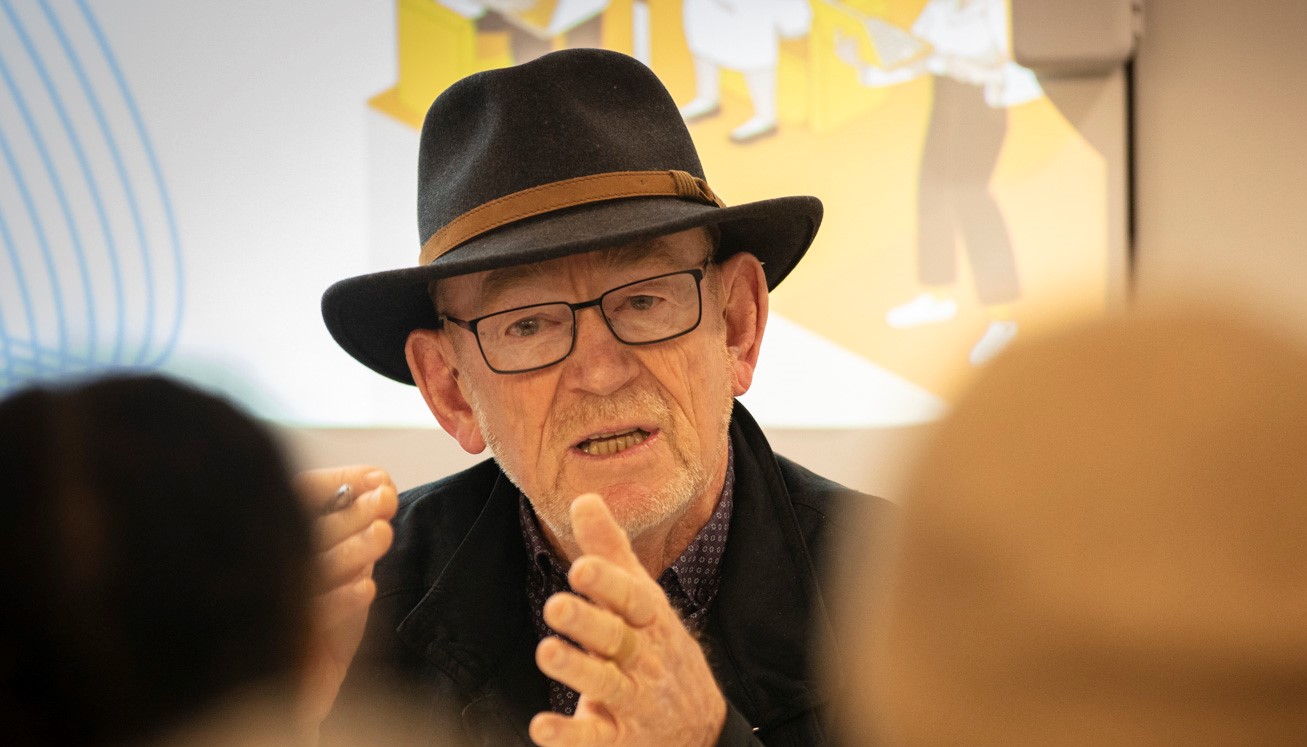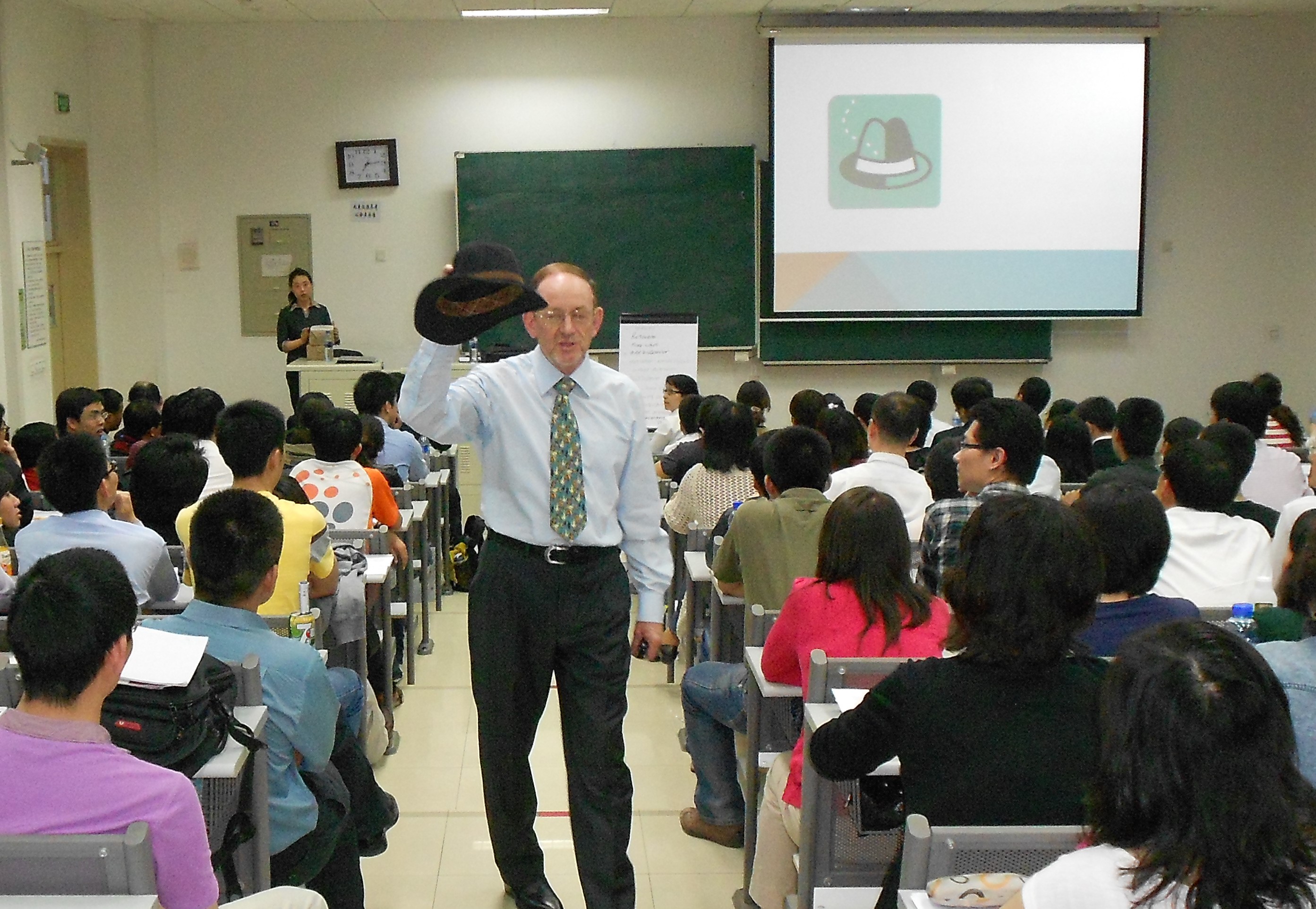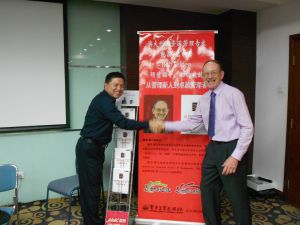Have you been given an unexpected gift lately?
I was recently shopping at our local supermarket and after packing our groceries into the car, I was returning the trolley to the trolly bay when I saw another customer doing the same thing. However, she was doing more than putting her trolley back, she was collecting the other random trolleys that had been left haphazardly around the car park and returning them to the trolley bay too.
I was really impressed and said something along the lines of “Gee, you’re doing a great job, well done. There should be more people like you”. As I returned to our car, I was surprised when the lady called me back, saying, “Thank you for appreciating what I’m doing. As a thank you, here, please take this Lotto ticket that I’ve just bought, it may bring you some good luck”. And despite my protestations, she insisted I take the ticket.
To say I was ‘blown away’ by her kindness would be an understatement. In fact, for once in my life I was totally speechless. So much so, that I didn’t even get her name or contact details in case the ticket won something.
So, what’s happening when you receive a surprise gift, and for that matter how does it affect the giver?











